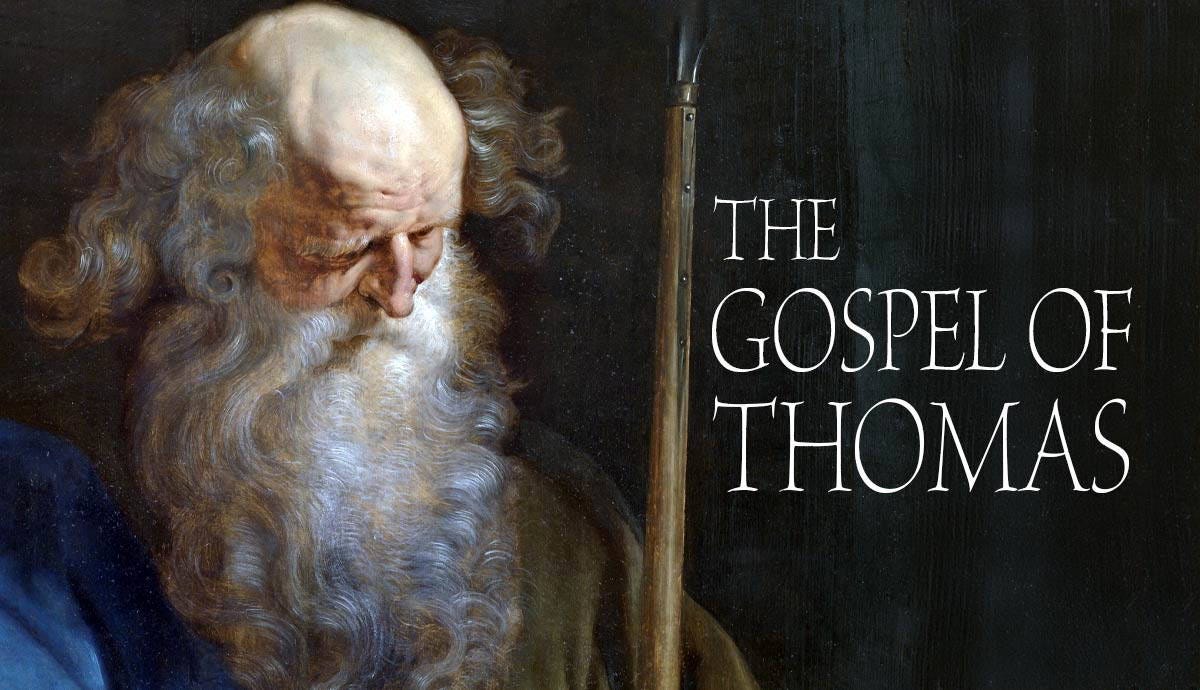The Greatest Puzzle in Human History: The Secret Challenge of the Gospel of Thomas
Did Christ conceal the universe’s greatest mystery within this forgotten gospel?
Hidden in the dry sands of Egypt for nearly two millennia, a slim scroll surfaced in 1945 near Nag Hammadi. This mysterious manuscript—known now as the Gospel of Thomas—was not found among the Dead Sea Scrolls, but it holds just as much, if not more, apocalyptic weight. Its content, written in Coptic and translated by French scholar Jean Doresse, begins with one of the most cryptic and profound spiritual provocations ever recorded:
"Let him who seeks cease not to seek until he finds: when he finds he will be astonished; and when he is astonished he will wonder, and will reign over the universe!"
These are not the typical teachings of Jesus found in the canonical Gospels. There is no sermon, no miracle, no crucifixion. Instead, this ‘sayings gospel’ opens with what reads more like a spiritual initiation—an invitation to a quest. A puzzle. A dare.
A Challenge Hidden in Plain Sight?
If this passage is more than poetic mysticism—if it is, as some believe, a challenge—then it may well be the greatest puzzle in human history. Jesus, speaking in riddles, seems to promise that those who persist in their search for truth will not only reach divine understanding, but will also “reign over the universe.”
Such a promise is no casual metaphor. It sounds like a prize—a throne of cosmic significance. So the question arises: Was Jesus offering a hidden challenge, a puzzle designed to test the most devoted seeker, the one soul capable of unlocking a secret no one else could?
The Lamb of God: A Title or a Task?
Traditionally, the "Lamb of God" has been interpreted as a title for Jesus himself—a sacrificial figure who redeems humanity through death. But what if that reading is wrong?
What if the "Lamb" is not Jesus, but rather the person who finally solves this puzzle? What if Christ, like a divine architect, constructed a metaphysical labyrinth and left behind clues for one individual to follow? Someone who would walk in his footsteps—not just spiritually, but literally solve the riddle he left behind?
This person wouldn't just be a follower. They would be his heir—the true spiritual successor. They would "reign over the universe" because they would understand its design.
The Gospel of Thomas: A Cipher of the Soul
Unlike the narrative Gospels, the Gospel of Thomas presents 114 isolated sayings (logia) attributed to Jesus, many of which resemble Zen koans or Hermetic riddles. There is no context, no explanation. It's a puzzle wrapped in mystical language. And perhaps that's the point.
The first line—Logion 1—declares:
“Whoever finds the interpretation of these sayings will not taste death.”
This statement reinforces the idea that there is a correct interpretation—one so potent it grants immortality. Not just eternal life after death, but a sort of divine enlightenment that transcends mortality entirely.
Implications for Christianity—and for Humanity
If this is true, it would rewrite the role of Christ. No longer just a savior who died for our sins, but a teacher of the highest order who left behind a coded guide to apotheosis. The implications are staggering:
Christianity is not about blind faith, but solving a divine mystery.
Salvation may come not through belief alone, but through discovery, shock, and wonder.
The "kingdom of God" is not just a place, but a state achieved by decoding the deepest truths of existence.
And most hauntingly: someone, somewhere, might already be close to solving it.
A Final Thought
If the Gospel of Thomas truly holds the key to the universe, then the first logion isn't a comforting quote—it's a dare.
Let him who seeks cease not to seek…
Until he finds.
Whoever solves it may not only reign over the universe—but also redefine the destiny of humankind.
And perhaps... become the Lamb.
Footnote:
Thomas, also known as Judas Thomas Didymus—both “Thomas” in Aramaic and “Didymus” in Greek mean twin—was likely not just a disciple, but Christ’s own twin brother. The Gospel attributed to him was excluded from the biblical canon, not because it lacked truth, but because it revealed too much. Unlike the approved Gospels, the Gospel of Thomas speaks of direct enlightenment—no need for priests, churches, or dogma. Its teachings posed a direct threat to the authority of the early Church, which likely suppressed it to prevent the rise of a "chosen one" who could decipher its hidden riddle and destroy the foundations of religious power. I believe that challenge still stands.
And I dare the world—solve it before I do.






this was a good article. shame your content gets blocked by the algorithm. you are a better writer than most of the people on here and talk about topics that no one else in the world writes about.
I am interested in the gospel of Thomas. Where is the best resource for me?